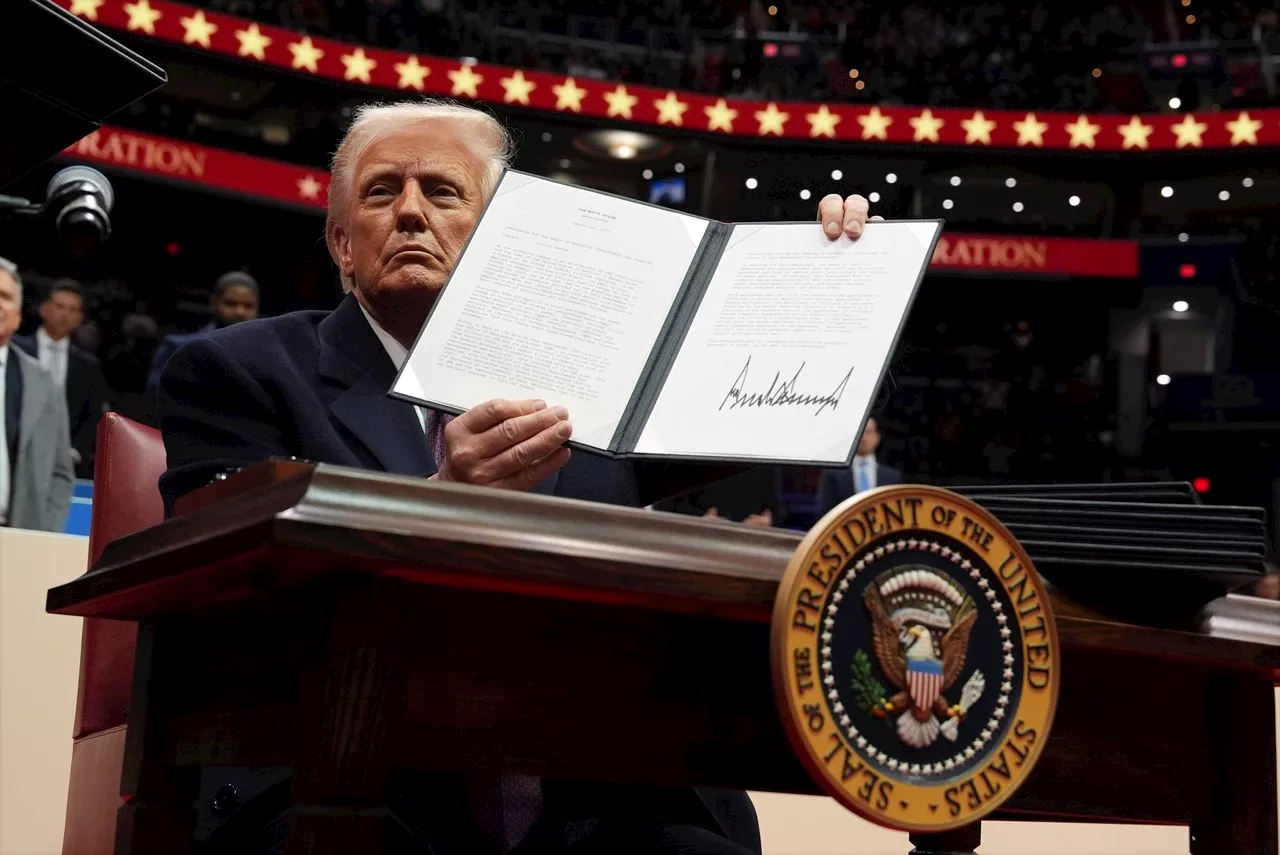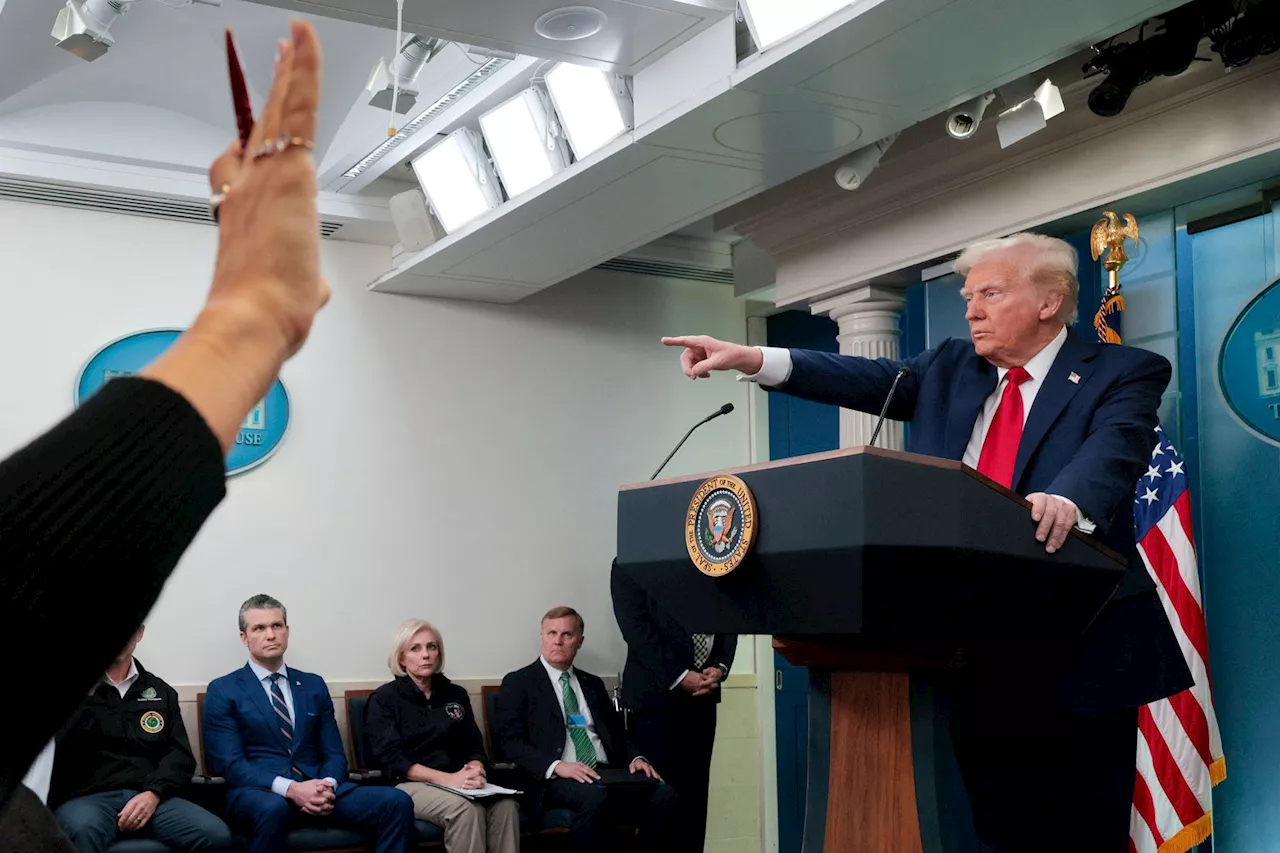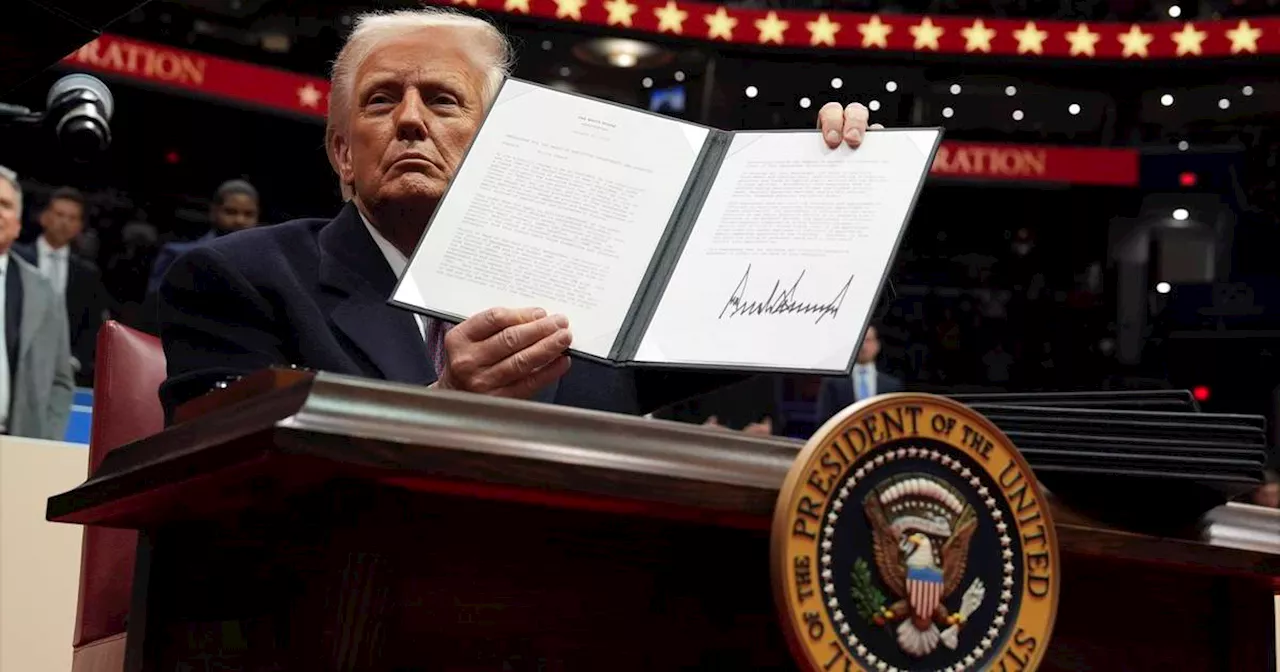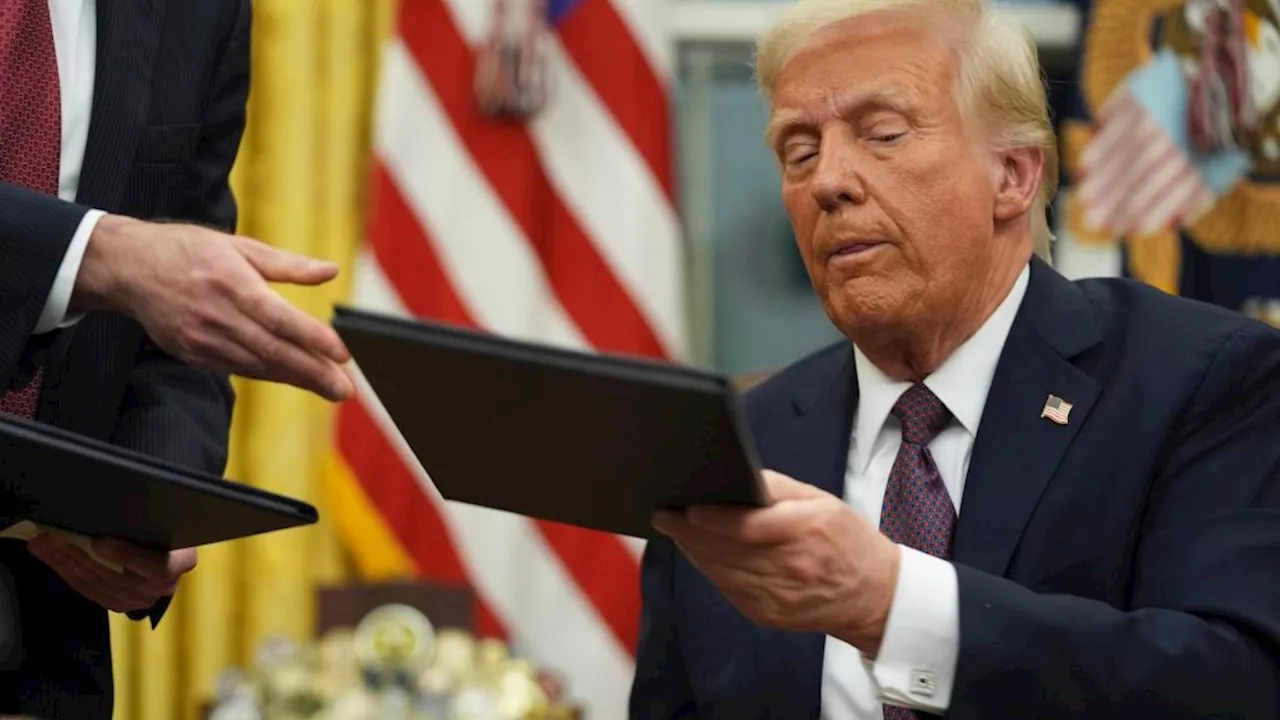This article highlights the importance of Diversity, Equity, and Inclusion (DEI) in the workplace, using the U.S. Department of Transportation (USDOT) as a case study. It challenges the misconception that DEI candidates are unqualified, emphasizing the unique strengths, resilience, and adaptability they bring. The article argues that DEI is not just a moral imperative but also a catalyst for innovation and organizational success.
In Dubai, individuals with disabilities are affectionately referred to as 'people with determination.' This empowering term encapsulates their unwavering resolve and strong sense of purpose. This spirit aligns perfectly with the U.S. Department of Transportation's ( USDOT ) unwavering commitment to Diversity , Equity , and Inclusion ( DEI ).
The agency firmly believes that every individual, regardless of personal challenges or identities, is determined to contribute to a safer, more innovative, and resilient transportation ecosystem.However, the narrative surrounding DEI candidates often faces skepticism, with critics labeling them as 'unqualified' for the roles they seek. This outdated and fundamentally flawed rhetoric needs to be challenged. Embracing DEI is not about fulfilling quotas or simply checking boxes; it's about recognizing and harnessing the full potential of a diverse workforce that accurately reflects the population we serve.When we provide opportunities to candidates who have traditionally been marginalized, whether due to disability, age, veteran status, or other factors, we strengthen our teams and enhance our collective capacity for success. Encouraging qualified individuals with disabilities to hold administrative positions or empowering veterans with the right to self-determination after their service is akin to making a down payment on a debt that can never be truly repaid. It acknowledges their sacrifices and the hurdles they have overcome. We do not operate under the assumption that these candidates are incapable of performing their jobs effectively. On the contrary, we celebrate the unique perspectives they bring while ensuring they possess the necessary skills to excel.Consider the Schedule A employee, who might be over 50 or a survivor of serious ailments like cancer or heart disease. Or imagine the brave veteran who has fought for freedom but returns home with a missing limb. For too long, individuals with these characteristics faced exclusion in workplaces across the nation. Thanks to the forward-thinking policies enacted during previous administrations, we are witnessing a transformative shift, one that embraces DEI practices and acknowledges the value each individual adds to the workforce.Having a diverse group of professionals within the USDOT is not merely beneficial; it is essential. These individuals bring rich, varied experiences that can inform policy decisions and operational practices in ways that a homogeneous workforce cannot. When our workplace mirrors the diverse landscape of the nation, we gain invaluable insights into the real-world mobility challenges faced by our constituents. For example, a team comprising individuals with different physical abilities can directly influence decisions about public transportation accessibility, paving the way for innovations that benefit everyone. When veterans share their stories, they can illuminate the unique transportation needs that arise from military service, facilitating the development of better support systems for all users.Diversity is not a hindrance to productivity; it is a catalyst for innovation. A workforce encompassing a wide array of backgrounds, life experiences, and perspectives is better equipped to approach problem-solving with creativity and empathy. This, in turn, positions us to develop more effective policies and services that reflect the needs and desires of a diverse population.To counter the misconception that DEI candidates are unqualified, we must highlight their strengths, resilience, and adaptability. We should not vilify DEI programs because doing so adversely impacts veterans who benefit most from federal DEI initiatives. Many veterans have faced obstacles that have equipped them with unique skills, such as perseverance, problem-solving, and innovation—traits vital in today's ever-evolving work environment. Organizations embracing DEI are trending toward resilience—a quality increasingly necessary for navigating the complexities of modern challenges. Companies wholeheartedly investing in DEI initiatives not only benefit from enhanced creativity and innovation but also cultivate a culture of loyalty and retention. Employees appreciate being part of an inclusive environment, leading to higher morale and a stronger sense of belonging.The USDOT's past commitment to DEI should serve as a call to action for all industries and organizations across the nation. We have the opportunity to redefine workplace culture by challenging prevailing stereotypes and advocating for equitable practices
Diversity Equity Inclusion DEI U.S. Department Of Transportation USDOT Workplace Culture Innovation Accessibility Veterans Marginalized Groups
United States Latest News, United States Headlines
Similar News:You can also read news stories similar to this one that we have collected from other news sources.
 DEI: Trump moves to eliminate all federal diversity, equity and inclusion staffThe executive order on affirmative action revokes an order issued by President Lyndon Johnson.
DEI: Trump moves to eliminate all federal diversity, equity and inclusion staffThe executive order on affirmative action revokes an order issued by President Lyndon Johnson.
Read more »
 What has DEI — diversity, equity and inclusion — done for U.S. workers and employers?President Trump has painted a bullseye on diversity, equity and inclusion. But what exactly is DEI, and what has it achieved?
What has DEI — diversity, equity and inclusion — done for U.S. workers and employers?President Trump has painted a bullseye on diversity, equity and inclusion. But what exactly is DEI, and what has it achieved?
Read more »
 Trump's DEI Ban Sparks Debate Over Workplace Diversity and InclusionPresident Trump's executive order banning diversity, equity, and inclusion (DEI) programs across the U.S. government reignites the debate surrounding DEI's purpose and effectiveness. The order, criticized by DEI advocates as 'illegal and immoral', highlights contrasting views on whether DEI initiatives benefit workers and companies. The article explores the history of DEI, its various practices, arguments for and against its implementation, and the potential impact of the recent backlash on corporate inclusion policies.
Trump's DEI Ban Sparks Debate Over Workplace Diversity and InclusionPresident Trump's executive order banning diversity, equity, and inclusion (DEI) programs across the U.S. government reignites the debate surrounding DEI's purpose and effectiveness. The order, criticized by DEI advocates as 'illegal and immoral', highlights contrasting views on whether DEI initiatives benefit workers and companies. The article explores the history of DEI, its various practices, arguments for and against its implementation, and the potential impact of the recent backlash on corporate inclusion policies.
Read more »
 Trump's Executive Order on DEI: A Threat to Diversity, Equity, and InclusionPresident Trump's executive order on merit-based hiring is seen as a thinly veiled attack on Diversity, Equity, and Inclusion (DEI) initiatives. The order has sparked fears that the Civil Rights Act could be used to weaken DEI programs and that marginalized workers will face retaliation. The author argues that DEI has brought numerous benefits to workers and businesses, and that Trump's rhetoric against it is harmful and misleading.
Trump's Executive Order on DEI: A Threat to Diversity, Equity, and InclusionPresident Trump's executive order on merit-based hiring is seen as a thinly veiled attack on Diversity, Equity, and Inclusion (DEI) initiatives. The order has sparked fears that the Civil Rights Act could be used to weaken DEI programs and that marginalized workers will face retaliation. The author argues that DEI has brought numerous benefits to workers and businesses, and that Trump's rhetoric against it is harmful and misleading.
Read more »
 Trump Orders Dismantling of Federal Diversity and Inclusion ProgramsPresident Donald Trump's administration is taking immediate steps to dismantle diversity, equity, and inclusion (DEI) programs across the federal government. A memo from the Office of Personnel Management directs agencies to place all DEI staff on paid leave, remove DEI-focused webpages, cancel trainings, and compile a list of DEI offices and workers. The move follows an executive order that accuses former President Joe Biden of forcing 'discrimination' programs into the federal government through DEI initiatives. Trump's administration plans to investigate and potentially overturn federal programs and contracts that promote diversity and inclusion.
Trump Orders Dismantling of Federal Diversity and Inclusion ProgramsPresident Donald Trump's administration is taking immediate steps to dismantle diversity, equity, and inclusion (DEI) programs across the federal government. A memo from the Office of Personnel Management directs agencies to place all DEI staff on paid leave, remove DEI-focused webpages, cancel trainings, and compile a list of DEI offices and workers. The move follows an executive order that accuses former President Joe Biden of forcing 'discrimination' programs into the federal government through DEI initiatives. Trump's administration plans to investigate and potentially overturn federal programs and contracts that promote diversity and inclusion.
Read more »
 Trump Signs Executive Orders to End DEI Programs, Marking a Shift in Federal PolicyPresident Donald Trump signed executive orders to end diversity, equity, and inclusion (DEI) initiatives within the federal government, marking a significant departure from decades-long efforts to promote diversity and inclusion. The orders aim to dismantle DEI programs in federal agencies, end affirmative action in federal contracting, and eventually lay off all DEI staff. Trump argues that DEI programs are discriminatory and advocates for a merit-based hiring system. Critics contend that these actions undermine the progress made in achieving a more equitable and representative workforce.
Trump Signs Executive Orders to End DEI Programs, Marking a Shift in Federal PolicyPresident Donald Trump signed executive orders to end diversity, equity, and inclusion (DEI) initiatives within the federal government, marking a significant departure from decades-long efforts to promote diversity and inclusion. The orders aim to dismantle DEI programs in federal agencies, end affirmative action in federal contracting, and eventually lay off all DEI staff. Trump argues that DEI programs are discriminatory and advocates for a merit-based hiring system. Critics contend that these actions undermine the progress made in achieving a more equitable and representative workforce.
Read more »
